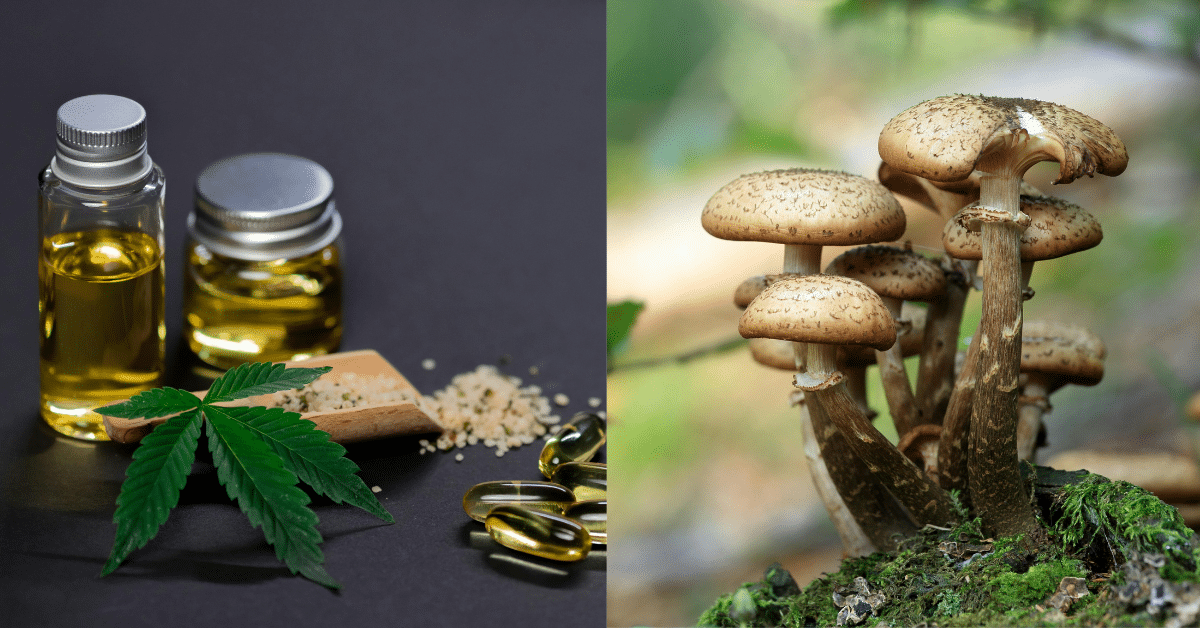On July 14, 2021, Senate Majority Leader Chuck Schumer released a discussion draft of a detailed cannabis reform bill which, if enacted, would restore the deductibility of all expenses related to cannabis businesses and institute excise taxes on such businesses, resulting in big changes to cannabis taxation. Now backed by Democratic senators Cory Broker and Ron Wyden, the Cannabis and Opportunity Act was back as a topic of discussion at the end of August in the US Senate.
Background
While a number of US states have legalized the medicinal and/or recreational use of cannabis and cannabis-based products, the US Federal government still subjects cannabis to the Controlled Substances Act. As such, under the Internal Revenue Code known as Section 280E, entities in the space are only permitted to deduct “cost of goods sold”, in calculating taxable income for US federal tax purposes and are not allowed to deduct other expenses, most notably salaries, rent and overhead associated with a cannabis retail operation, as well as selling and administrative expenses. As a result, these companies are subject to crushingly high effective federal and state income tax rates on their net income and even may be taxable when incurring losses. Furthermore, some states that have legalized cannabis apply these punitive tax rules for state tax purposes as well.
The Discussion Draft
The Discussion draft of the Cannabis Administration and Opportunity Act includes the following highlights:
- Cannabis would no longer be a controlled substance under the Controlled Substances Act and, as a result, selling, general and administrative expenses would generally be deductible for US federal tax purposes.
- State law would govern possession, production and distribution of cannabis and states would be prohibited from restricting interstate commerce of cannabis transported through the state.
- An excise tax, similar to excise taxes applied to the sale of alcohol and tobacco products, would be applied at the point of importation or removal level beginning at 10% and ultimately rising to 25%.
- The prevailing price of cannabis would be determined by the US Department of Treasury.
- Small producers with sales of less than US$20 million annually of product would see a 50% reduction in the annual tax rate in the form of a credit. Larger producers would see a similar credit on their first US$20 million of annual sales.
- All excise tax revenue on cannabis would be directed to the Opportunity Trust Fund which is “intended to promote social equity goals through equitable licensing and financial support to industry participants and communities that have been disproportionately impacted by the War on Drugs”[1].
Critics of the draft note the following:
- Combined with excise taxes imposed by certain states, the proposed combined excise tax burden may exceed 50% in said states, thereby increasing the cost/price of legal cannabis to the point where users may be financially incentivized to access the illicit market.
- In California alone, cannabis flower producer prices have ranged from $35 per ounce to six times that amount depending on the quality of the flower. It is unclear how the Department of Treasury can determine a single national price given the range of products.
There is no certainty that the draft legislation will ultimately be signed into law by President Joe Biden.
Should you have any questions on this, please contact Stanley Abraham at SA@Zeifmans.ca or 647.256.7551.
[1] Bloomberg Tax, “Federal Taxation of Cannabis Under Proposed Legislation”, https://news.bloomberglaw.com/daily-tax-report/federal-taxation-of-cannabis-under-proposed-legislation



